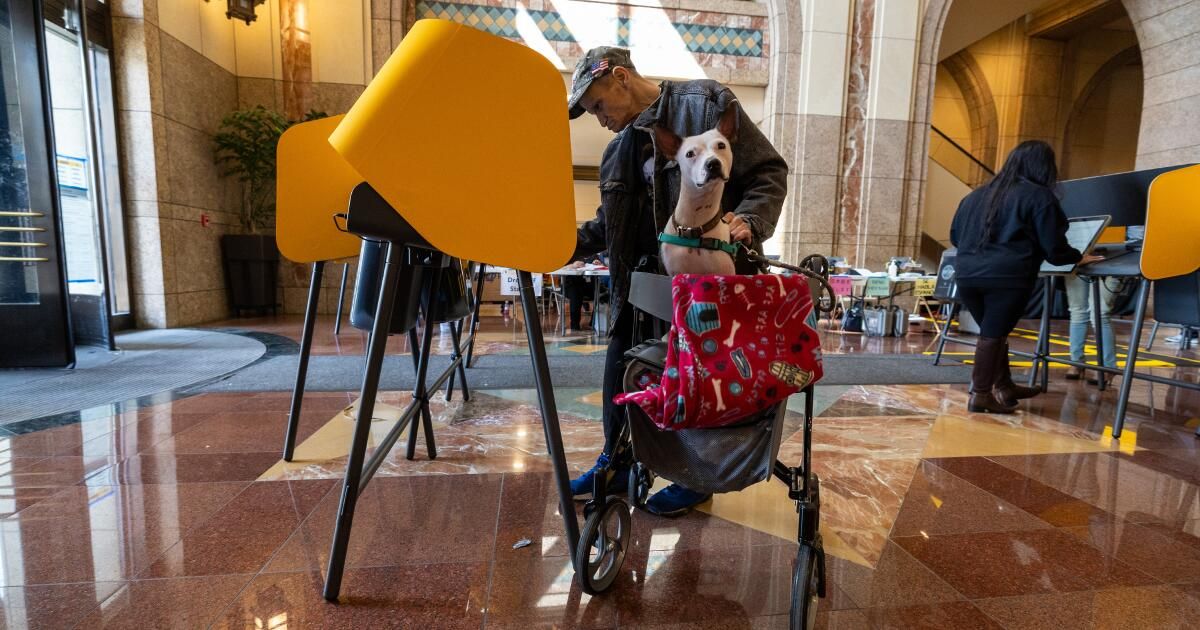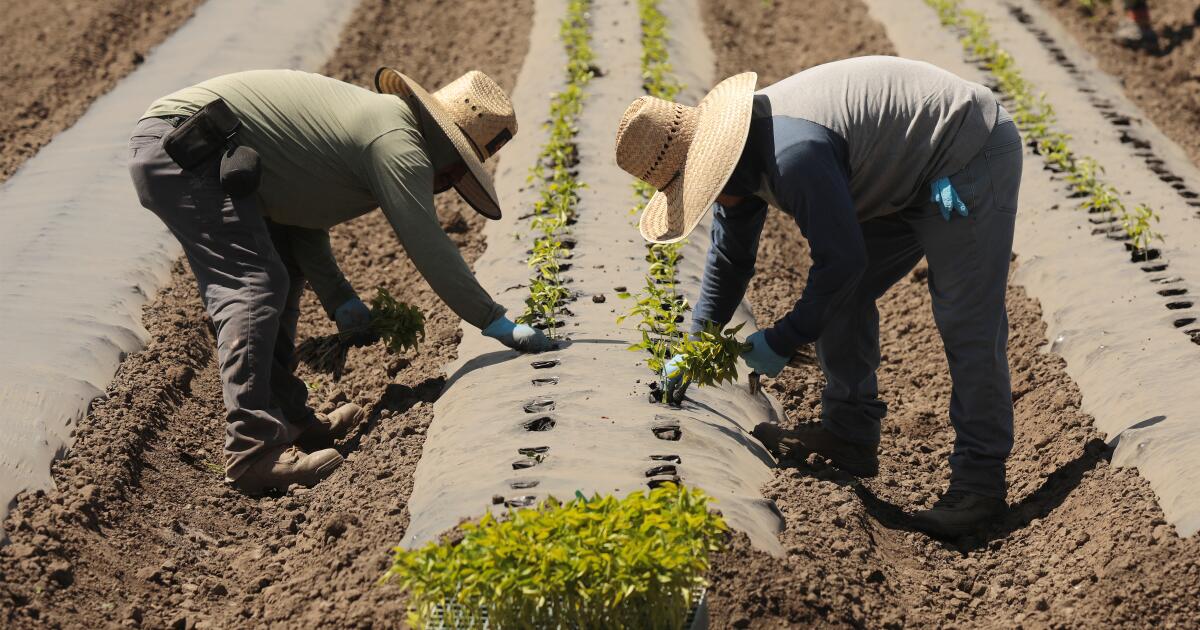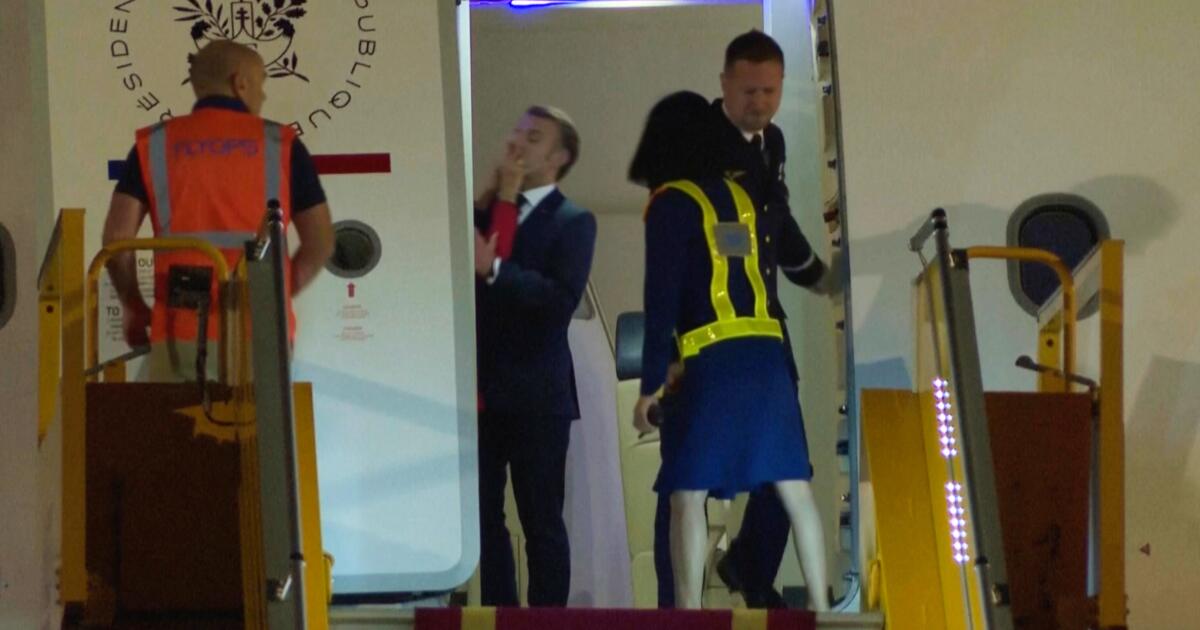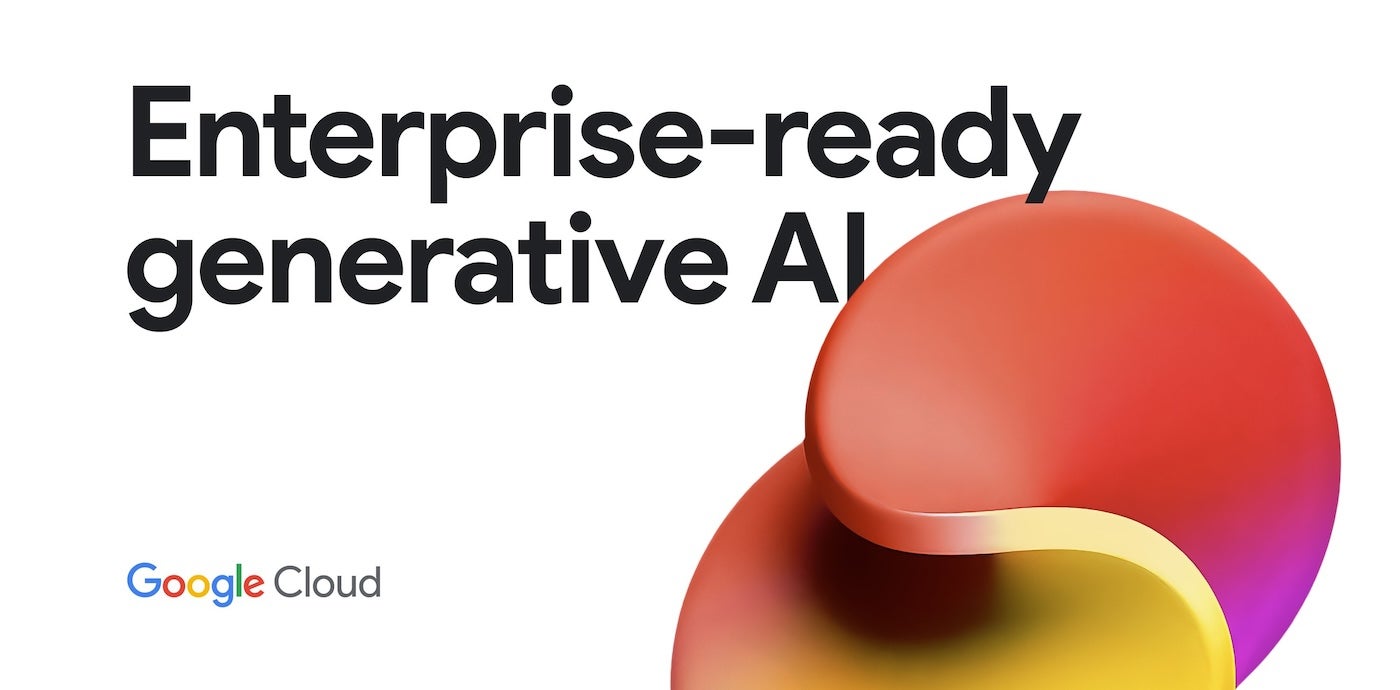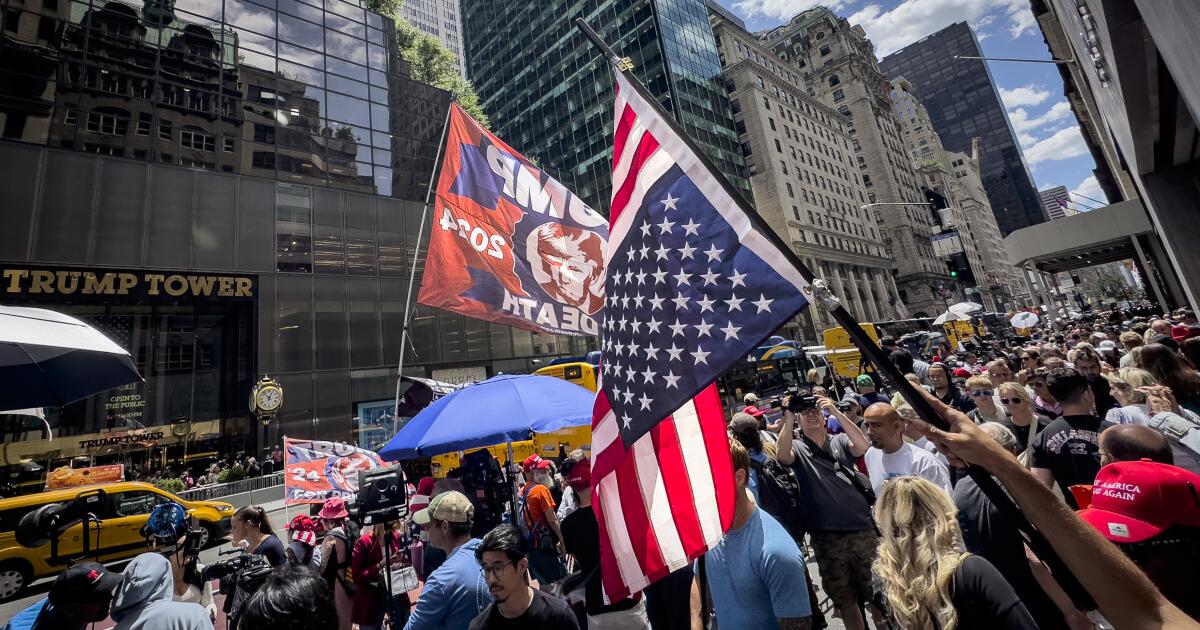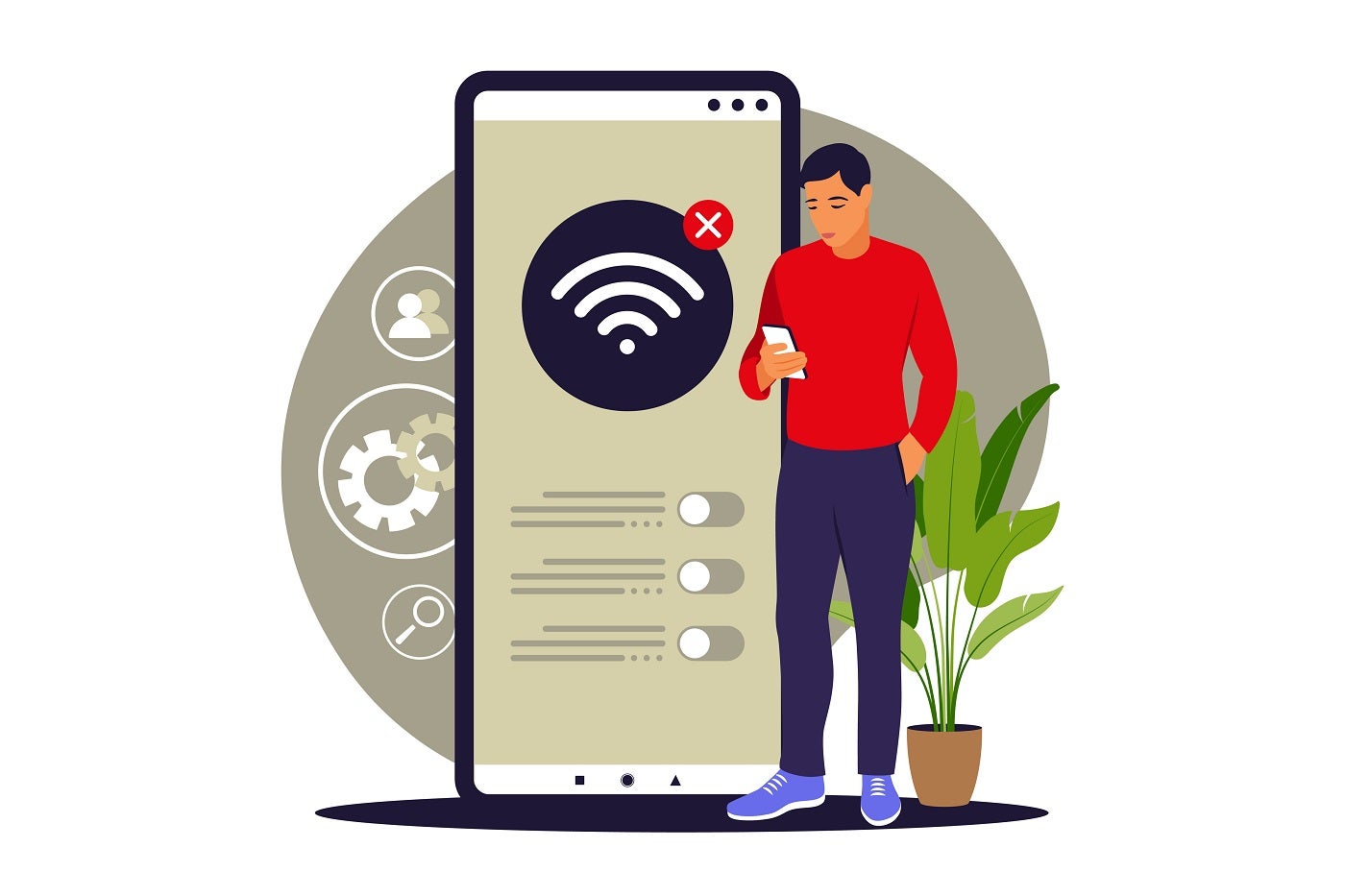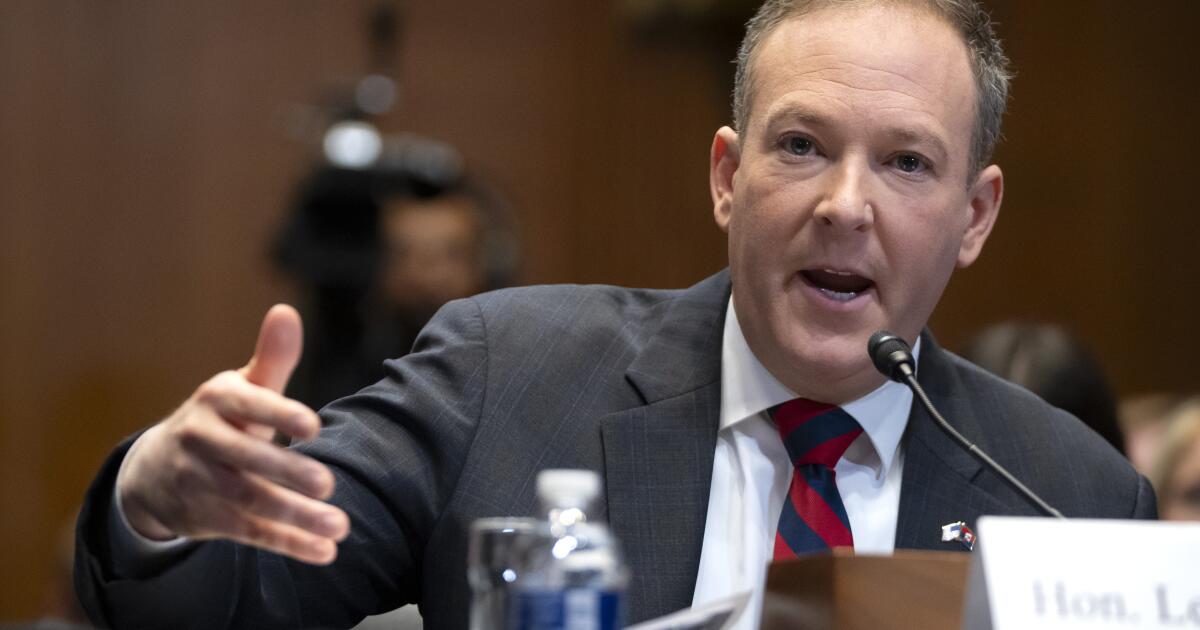One of the worst things about democracy is the way we talk about it.
For example, politicians love to talk about unity, but our constitutional system was created to keep unity at bay, preferring a more adversarial approach, pitting one faction against another. Checks and balances, separation of powers, and divided authorities between federal and state governments are based on the idea that unity will be rare and temporary. The Constitution places our most cherished freedoms on a high shelf, difficult to reach in moments of unifying populist passion.
The rhetorical mismatch applies not only to the mechanisms of democracy but also to the culture of democracy. Democratic manners demand that politicians never say that voters are wrong. But competitive elections – essential to any viable definition of democracy – require that some voters “get it wrong.” I don't necessarily mean your political preferences (although that is often the case), I just mean that elections create winners and losers. And yet winning politicians, with barely half the electorate on their side, routinely declare that “the American people have spoken” after every victory.
More to the point, voters are often simply wrong about the basic facts leading up to an election. For example, the Biden campaign is struggling with an electorate that believes the economy is much worse than it is. To be clear, I didn't say the economy is good, although that argument could be made. No, President Biden is struggling to convince the electorate that the economy is not the worst in history.
A recent YouGov survey asked voters to say which decade, starting in the 1930s, had the worst economy. A third (32%) said the 2020s, our current decade, are the worst, worse even than the 1930s and 1970s. Only 23% said the 1930s and just 5% named the 1970s as the worst. This is, from any objective point of view, wrong, spectacularly wrong.
Now, there is a lot of partisan bias here. Only 19% of Democrats said ours is the worst decade and 24% said the 1930s were, but 45% of Republicans believe the 2020s are the worst. Still, when nearly 1 in 5 Democrats mistakenly believe things are worse than during the Great Depression, Democrats have a problem.
This is simply one facet of “Biden.”vibes” problem. A large number of Americans (42%) believe that the 2020s are the worst decade for crime, which is fair mistaken. Twenty-eight percent think that the 1940s (World War II, of course) had “the most wars.” Only 4% mentioned the 1970s and 6% cited the 2000s, when the United States fought, respectively, the Vietnam War and invaded Iraq and Afghanistan. But 19% said the current decade had “most of the war,” and we are not at war, although events in Ukraine and Gaza make times seem bellicose. From scientific advances to family unhappiness to racial inequality, many Americans simply think things have never been worse.
Now, subjectively there are perfectly valid arguments that things are not going well or that they could or should go better. But we are talking about objective judgments here, and objectively a large number of Americans are objectively wrong. And to be fair to them, I suspect many people don't believe they are making objective judgments. When people say, “I'm having the worst day or decade of my life!” They are not necessarily being literal. They are making a vibe statement.
Obviously, this is a big problem for Joe Biden. Thanks in part to the ravages of inflation and high interest rates and in part to his own shortcomings, he cannot change his mind about the economy. But causality works both ways. Economic realities contribute to negative attitudes. and Negative attitudes shape the way the economy is perceived. And on many fronts, particularly racial ones, Biden is fueling those negative attitudes (see his Morehouse College commencement speech).
But that explanation is insufficient. Democracy depends on the promise of incremental and cumulative progress. James Madison did not want polls to be the measure of voters' mood, but elections. That's why we have them constantly, at all levels of government. Democracy, for Madison, is not about unity or agreement, but about discussion, disagreement, and constant self-correction.
Thanks to that vision, we have made enormous progress. But now, both parties wallow in catastrophism and presentism. Donald Trump, who has the historical memory of a goldfish, falsely shouts that things have never been worse. However, as cartoonish as his rhetoric is, he is making a right-wing version of a common left-wing argument. In fact, every four years, supporters insist that this is “the most important election in history” and that catastrophe or salvation is on the ballot. The relentless cry of the wolf has fueled the mess we are in, and perhaps the mess that is to come.
After all, when you constantly tell people that we are in an existential crisis, the vibrations can create reality, whether the facts justify it or not.
@jonahdispatch

